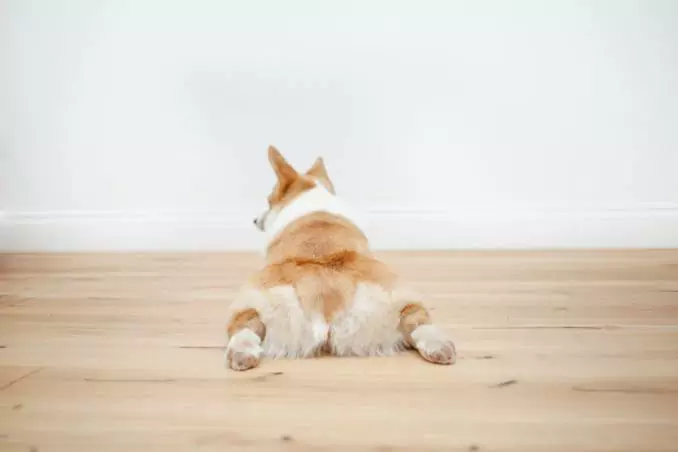How to treat urinary tract infections in dogs? What can cause urinary tract infections in dogs?
2022-07-08
Dogs, like people, can get sick from bacterial infections, such as a urinary tract infection, or bacterial cystitis, which is considered a relatively common infection in dogs and affects them greatly. So how is this disease contracted and what should dogs be aware of?
I. What can cause urinary tract infections in dogs?
The main cause of urinary tract infections in dogs is bacteria, fungi, or parasites in the urinary tract (kidneys, ureters, bladder, and urethra). Bacteria enter your dog's body through the entrance to their urethra. They become infected when the dog's feces or other bodily digestive matter comes into contact with the area. The urine in a dog's bladder itself should be sterile, but if bacteria enter the dog's bladder, they can grow and replicate, leading to a dog urinary tract infection. Of these, E. coli and E. deformations are the most common urinary tract infections.
In addition, dogs with more skin folds or who are overweight are more susceptible to urinary tract viruses than other dogs.
And on an age level, dogs over the age of seven have an increased chance of developing this disease.
What are the symptoms of urinary tract infections in dogs?
A very common symptom of a urinary tract infection in dogs is that urination becomes more frequent. You will notice that the dog will do the peeing more frequently. If the dog is a female, it may squat frequently, just like a male dog does when he lifts his leg to make a marking motion.
And in addition to the symptoms of frequent urination, dogs with urinary tract infections may have some of the following signs.
1. the dog may develop a fever.
2. the dog's urine will be bloody or cloudy.
3. the dog will not urinate as smoothly and will whine or complain and appear to be in pain.
4. the dog will frequently lick the urethra.
5. the dog appears to urinate frequently.
If some of these symptoms appear, it means that the dog's state is not right, of course, it could be a urinary tract infection, but other problems cannot be ruled out; if we find that the dog's behavior has changed or is acting painfully, then it is recommended to take the dog to the vet first. The reason why it is recommended that you take your dog for a routine checkup is that the symptoms of urinary tract infections in dogs sometimes do not show up particularly clearly.
What can be done to prevent urinary tract infections in dogs?
There is no foolproof method of disease prevention, but if we make some improvements in advance, we can allow our dogs to live more healthily.
1. Minimize the growth of bacteria. Wash your dog's water bowl often, especially if you see your dog drooling into the bowl or have food floating in the water, help your dog dump these, clean the water bowl and then replace it with fresh water for your dog to drink.
2. Do not let the dog hold urine for a long time. Give your dog enough time to relax their bladder.
3. Keep your dog tidy and hygienic. If the dog's hair is long, trim it regularly. If the dog is dirty, it should be bathed to clean it or wipe with wet wipes to remove bacteria.
4. Give your dog a healthy diet. If conditions allow, consider improving your dog's diet to promote their urinary health. There are also prescription foods on the market today that specifically target bladder problems in dogs. Also, some dogs may take supplements such as glucosamine. These dietary modifications or nutritional supplements help to create a protective mucus layer on the walls of your dog's bladder to prevent the entry of bacteria. Of course, if you are going to change your dog's diet, it is a good idea to talk to your dog's vet first to see if this is recommended.
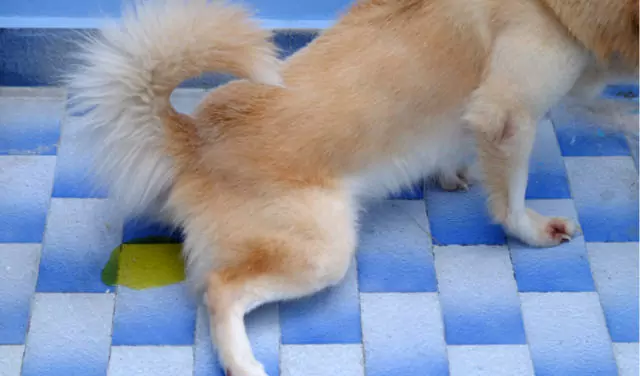
II. What is the treatment for a urinary tract infection?
If a dog is tested and has a urinary tract infection, some doctors will use antibiotics to treat the dog.
And in addition to this type of treatment, we can also treat urinary tract infections in our dogs at home when the doctor allows us to do so.
1. Add a teaspoon (for small dogs) or 1-2 tablespoons (for large dogs) of apple cider vinegar to your dog's water bowl. Repeat twice a day for 7 to 10 days, depending on the severity of the urinary tract infection. If some dogs don't like the taste of apple cider vinegar, then you can change the dog's water without apple cider vinegar afterward.
2. Let the dog soak in hot water for ten minutes (the water should not be too hot and the water level should not be too deep) to help relax the dog's muscles. Then wash the dog with mild soap, paying attention to the dog's genital area, don't rub the soap on this area for too long, and be sure to rinse this area with clean, warm water. Do this every few days until the infection is gone.
3. Make sure your dog drinks plenty of water, so you can keep a few extra water bowls in the room; change the water once or twice a day to make sure it is clean and fresh.
4. You can crush a 500 mg vitamin C tablet and mix it in your dog's dog food once a day for 7 days.
5. Give your dog 1-3 tbsp of pure, natural citrus juice, and no sugar, as this will exacerbate the dog's infection symptoms.
6. Add about two teaspoons of chopped blueberries or cranberries to your dog's food for seven to ten days, doing this twice a day.
When we have these complementary treatments at home under the guidance of a doctor, dogs can also recover from urinary tract infections more quickly.
III. Care during the treatment period for urinary tract infections in dogs
The dog's urinary tract infection is usually an inflammatory reaction caused by a bacterial infection, which can be treated with anti-inflammatory and anti-infective drugs as prescribed by the doctor after a medical examination to understand the situation. In addition, in the treatment process need to pay attention to the relevant care, the following will be specific.
1, a light diet and drink more water
Dogs suffering from urinary tract infections should not eat fishy and stimulating food, so as not to stimulate their urinary tract to aggravate the symptoms, the pet owner to ensure that the dog's diet is light and low in salt, do not feed the dog snacks and leftovers, it is recommended to feed low-salt formula of natural food or special urinary tract prescription food while allowing the dog to drink more water to promote urination, can play a role in speeding up the metabolism and flushing the urinary tract.
2, the corresponding nutritional supplements
In addition to paying attention to the dog's diet, to better care for the dog's urinary system, the corresponding nutritional supplements are also necessary, pet owners may wish to properly mix in the dog's food or water, such as the pet a favor of the urinary powder for dogs to provide nutritional support. If necessary, you can feed your dog some state funeral tablets to help anti-inflammatory, to reduce the inflammation to the dog's trouble, to speed up the recovery of the dog's urinary tract.
3, pay attention to hygiene and local cleanliness
When bacteria invade the urinary system, the inflammation will be repeated, so the pet owners also need to maintain good environmental hygiene at home, diligent cleaning and disinfection, the dog's household items pay attention to cleaning and disinfection and drying, like dog kennels, sleeping mats such as the dog often lying down items, must be kept clean and dry.
If a dog with a urinary tract infection is often licking due to discomfort at the urination site, it is necessary to wear a collar to prevent licking and pay attention to local cleaning, you can use saline to scrub, and blow-dry the surrounding hair after cleaning to avoid moist hair breeding bacteria.
#
Urinary tract
#infection
#bacteria
#nutritional supplement
#diet
#urethra
#symptoms
#treatment
#bladder
Was this article helpful to you?
Other links in this article
English:
How to treat urinary tract infections in dogs? What can cause urinary tract infections in dogs?
Nederlands:
Hoe urineweginfecties bij honden te behandelen? Wat kan urineweginfecties bij honden veroorzaken?
Polskie:
Jak leczyć zakażenia dróg moczowych u psów? Co może być przyczyną zakażeń układu moczowego u psów?
português (Brasil):
Como tratar as infecções do trato urinário em cães? O que pode causar infecções do trato urinário em cães?
中文简体:
如何治疗犬尿路感染?什么会导致狗狗尿路感染?
中文繁体:
如何治療犬尿路感染?什么會導致狗狗尿路感染?
Comments

Why is my dog throwing up?

Why does my dog keep coughing?

How many months is a dog pregnant? Signs and Phenomena of Dog Pregnancy
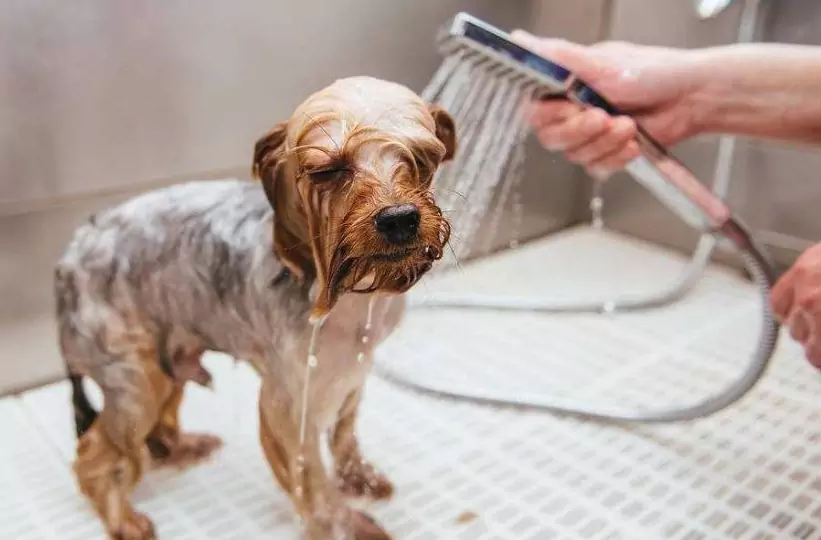
How do dogs grow fleas? Ways to get rid of fleas on dogs

Can dogs get diabetes?

Can dogs be depressed?

Why does my dog keep sneezing? Causes of Sneezing in Dogs

Can dogs catch a cold? Cold and Flu Symptoms in Dogs
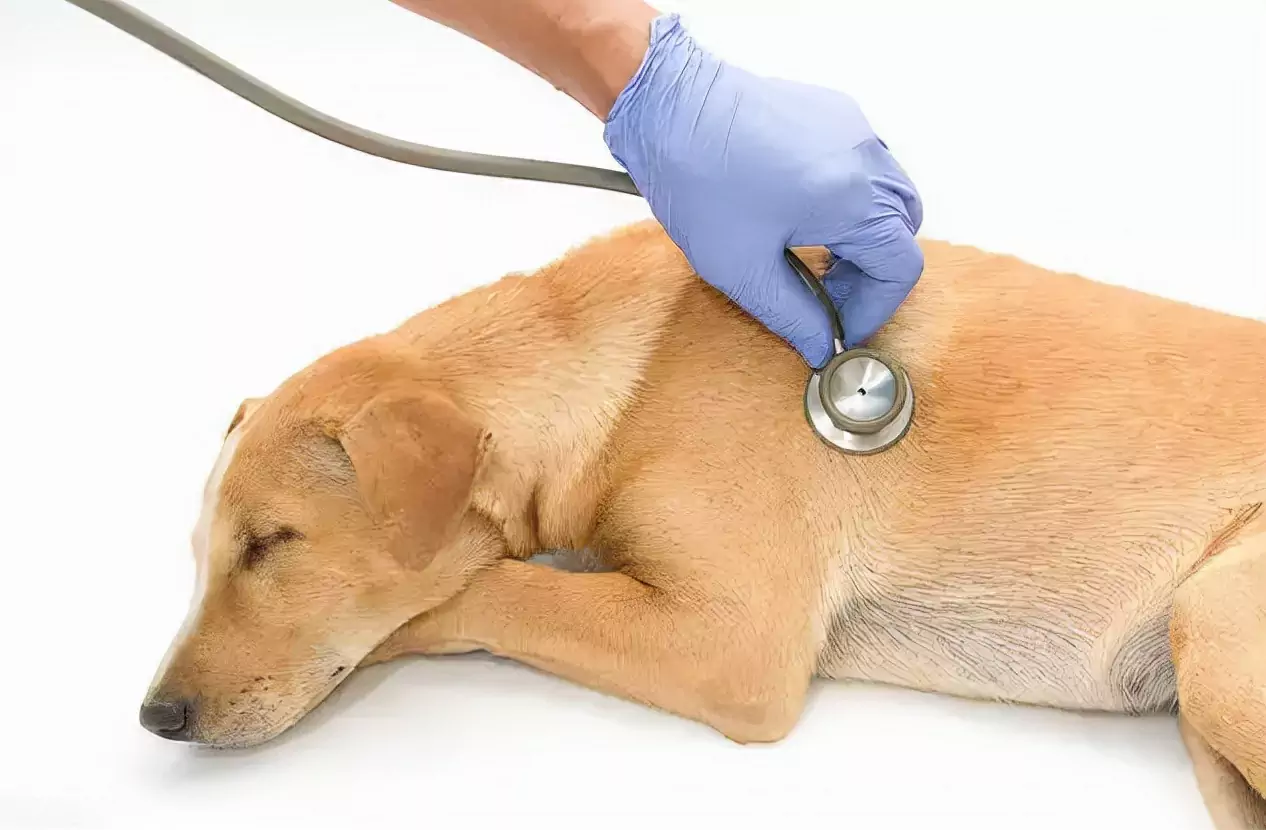
What causes heart disease in dogs
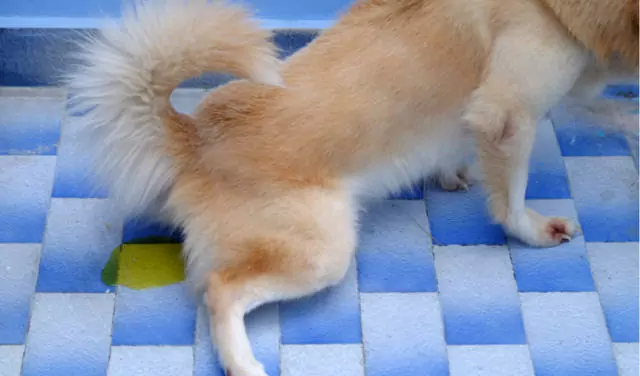
Can dogs get urinary tract infections?






